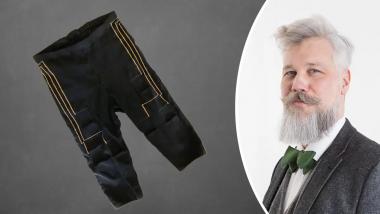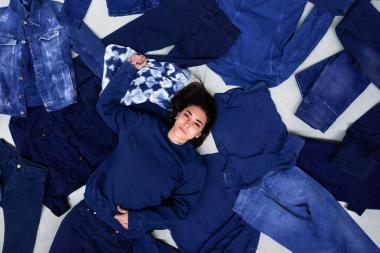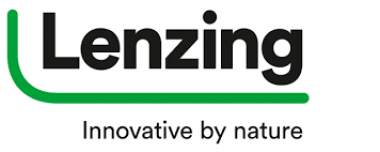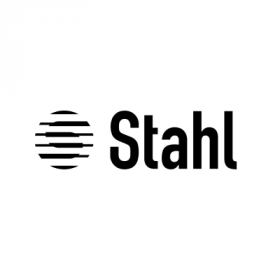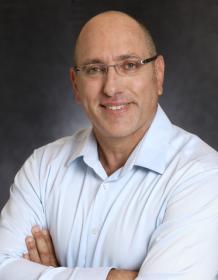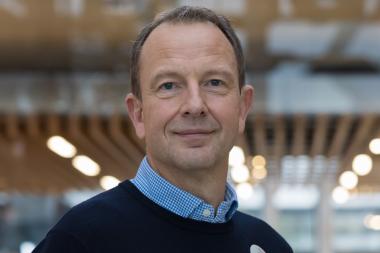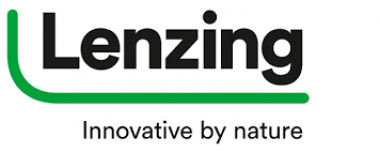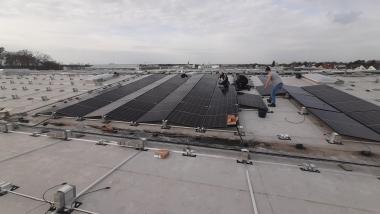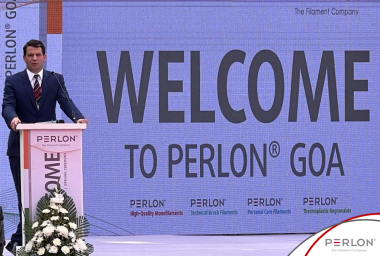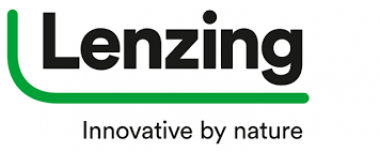AkzoNobel: Dividend per share of €1.98 for 2023
AkzoNobel shareholders voted in favor of all resolutions at the company’s 2024 Annual General Meeting. As well as adopting the 2023 financial statements, the dividend policy and total dividend per share of €1.98 for 2023 were also agreed.
In addition, Mrs. Jaska de Bakker, Mrs. Ute Wolf and Mr. Wouter Kolk were appointed as new members of the company’s Supervisory Board. Mr. Byron Grote – currently Deputy Chair and Chair of the Audit Committee – was appointed for a fourth term of one year. Dr. Pamela Kirby completed her second four-year term and has stepped down as a member of the Supervisory Board.
AkzoNobel




